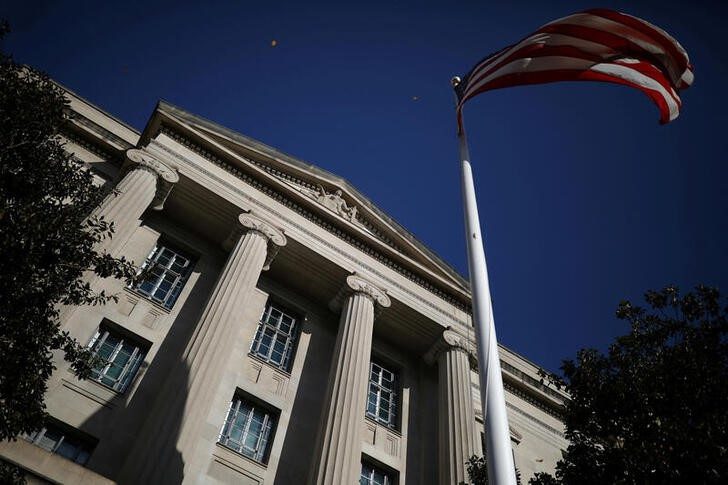PROVIDENCE – A Pawtucket man admitted to a federal judge on Tuesday that he conspired with others to deposit and cash counterfeit checks created using stolen business and personal banking information, announced United States Attorney Zachary A. Cunha.
Maximilian Mwah, 29, admitted that he and others, including Richard Kobi, 27, of Providence, recruited individuals who would allow counterfeit checks to be deposited into their bank accounts. Once the checks were deposited, the funds were quickly withdrawn from ATMs and bank tellers. In one instance, Mwah arranged with Koboi to locate a look-alike who matched the description of an actual bank account holder. The look-alike was provided with a picture ID and the account holder’s banking information and used them to successfully make a withdrawal.
Mwah pleaded guilty on Tuesday to conspiracy to commit bank fraud and to bank fraud. He is scheduled to be sentenced on March 16, 2023. His sentence will be determined by a federal district judge after consideration of the U.S. Sentencing Guidelines and other statutory factors.
Koboi pleaded guilty on April 27, 2022, to conspiracy to commit bank fraud, ten counts of bank fraud, and being a felon in possession of a firearm. He was sentenced to thirty-six months in federal prison; three years of federal supervised release; and ordered to pay restitution totaling $31,928, the actual loss to banks attributed to his criminal conduct.
Cases related to this bank fraud conspiracy are being prosecuted by Assistant U.S. Attorney Ly T. Chin.
The matter was investigated by the U.S. Postal Inspection Service, with the assistance of the FBI, United States Secret Service, ATF, Rhode Island State Police, Providence Police Department, and Delaware State Police.
###
